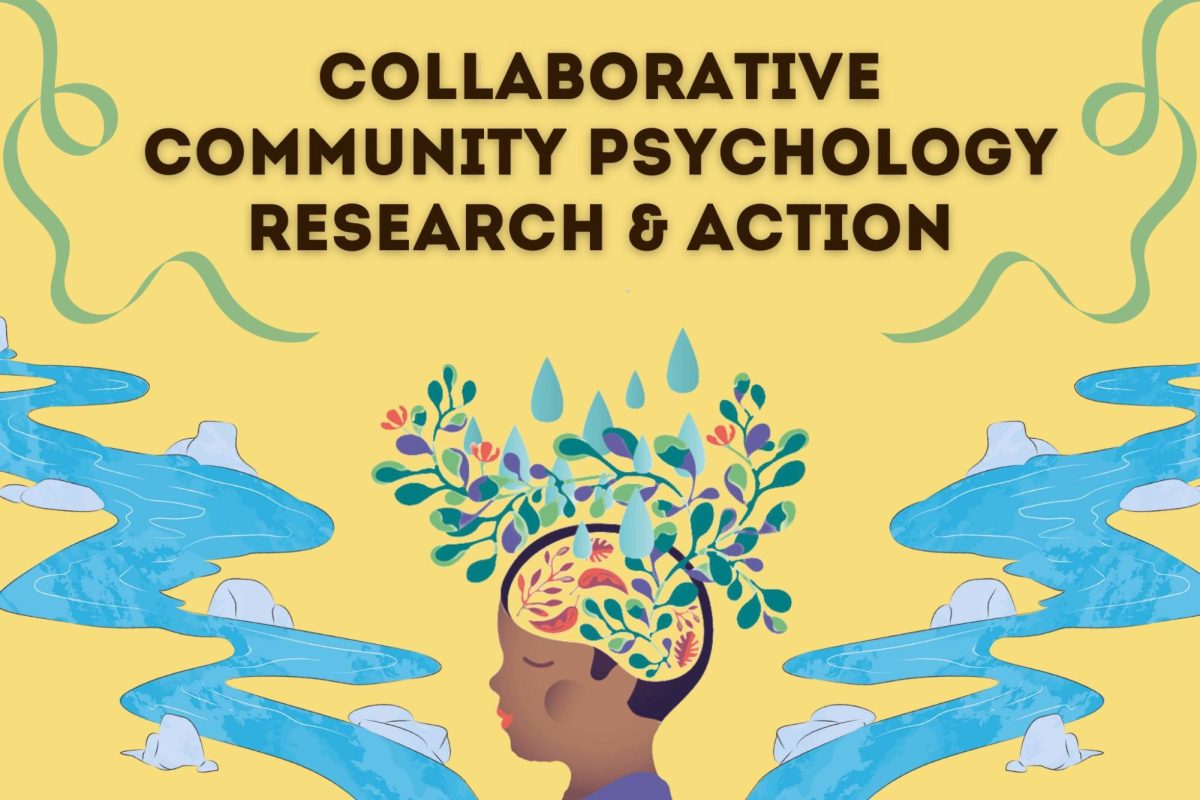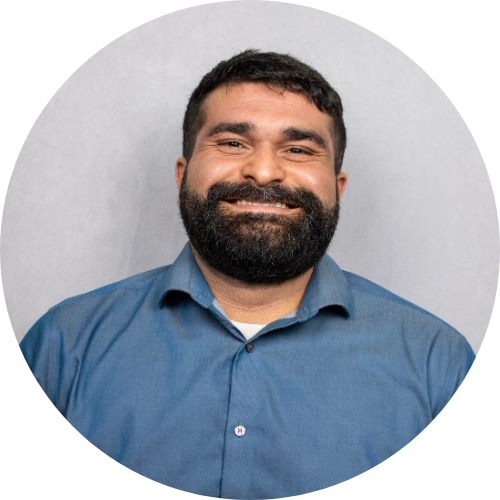Psychology graduate students at Sacramento State are making a positive impact in environmental research and the youth community in Sacramento.
The Collaborative Community Psychology Research and Action (COLLAB) project offers psychology majors an opportunity to gain experience in research in underserved neighborhoods in Sacramento.
In partnership with The Spencer Foundation and UC Berkeley’s University-Community Links, the program, led by Professor Erin Rose Ellison, has Sac State students developing ideas to improve the local creek with elementary students. The Morrison Creek Revitalization Study helps the elementary students foster a sense of community, while COLLAB’s psychology students build research proficiency.
The after-school program serves to support development for underrepresented elementary school students.
“This project empirically examines the idea that if children are engaged in issues that impact their lives, they will further develop functional skills like reading and writing, as well as communication skills,” Ellison said.
COLLAB utilizes ethnographic research methods, like participant observation and interviews, to examine critical literacy and empowerment in different contexts. Ellison said the methods they use are open-ended, and students involved can design research hypotheses based on the program’s yearly data.
“My main motivation for developing this program is so that students can gain experience that is helpful in their personal and professional development,” said Ellison.
Ellison said that when she was a student she felt disconnected from research, but this program allows psychology students to accrue field skills that will benefit their career when applying for paid positions.
“Now I do research with undergraduate students, graduate students and even fifth and sixth grade students,” Ellison said.
Juan Juarez, a post-baccalaureate researcher, graduated with a bachelor’s in psychology in spring 2024 and is working with COLLAB. He said he found COLLAB to be very rewarding because of the experience in research, community work and education.
“In our research, we work with students at an after-school program asking what their hopes and dreams are for their community, with an emphasis on helping them improve the creek that runs right next to their school,” Juarez said.
COLLAB has partnered with the Sacramento Community Land Trust, a nonprofit organization that has initiated several projects in the past focused on revitalizing neighborhoods in Sacramento; such as cleaning up Morrison Creek.
“For this semester, we are having our students create maps about their community,” Juarez said. “While we have just begun the process, I am looking forward to seeing what these students contribute.”
The Morrison Creek Revitalization Project is a collaborative opportunity to restore the creek behind Elder Creek Elementary. Sac State psychology students in the program can observe what happens when the youth engage with their community.
Senior psychology major, Paige Richards, also works with the COLLAB research team. She said she enjoys it because of the experiences it provides and the time she gets to spend with elementary school students.
“For our team, one group will work on creating a lesson plan for when we go to the school, what activities they will participate in, and how they can connect with the community and contribute to qualitative research,” Richards said.
The research team uses a method called Photovoice, where the kids photograph the creek and are asked questions about what they love or how they would change what they see.
The Photovoice method encourages participation, reflection and discussion, which are meant to help the elementary students foster a sense of social identity in the context of their community. By doing so, COLLAB’s researchers are given a chance to observe how kids think while being out in the field, and the kids are exposed to ideas like community while they photograph the creek.
Last semester, their photographs were shown at the “Photovoice at the Creek,” where their vision and concerns for the creek were displayed, as a way to highlight their work.
Julia Early, a master’s student in psychology and graduate research coordinator for the COLLAB team, has been a part of the project since Fall 2022. She said she enjoys the research because it is collaborative in nature, providing her experience with collecting data and performing analysis.
“The research we do is a youth participatory action research in an after-school program setting,” Early said. “We specifically collaborate with fifth and sixth graders about their hopes and dreams for their community and the creek that runs behind their school.”
She said the youth and research team also works with community partners and other city officials like the City of Sacramento in their work with Photovoice and community mapping.
In February, Sac State received an “R2” classification from the Carnegie Foundation for the Advancement of Teaching. COLLAB’s project, as well as many other research programs on campus, directly contributed to the university obtaining this classification with their work.
Ellison said this program has already resulted in many of her students benefiting from their experience when applying to master’s or doctorate programs.
“A recently-graduated master’s student finished her thesis and went on to a professional position at a local food bank, addressing food insecurity,” Ellison said. “Another undergraduate researcher went on to work in domestic violence support and advocacy.”

































































































































